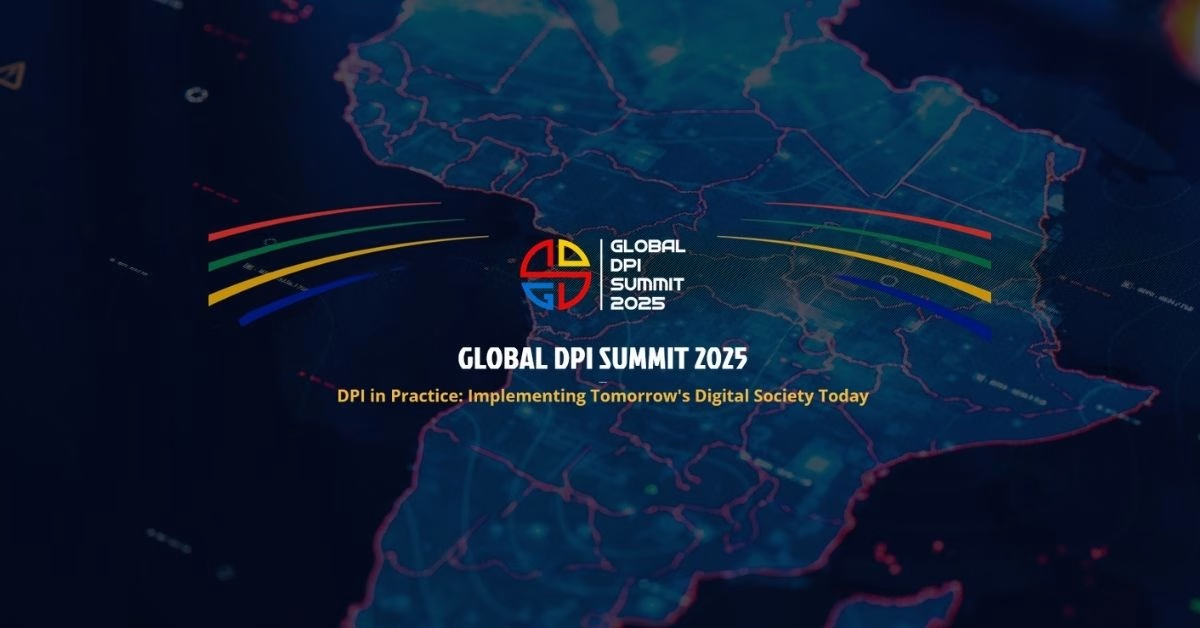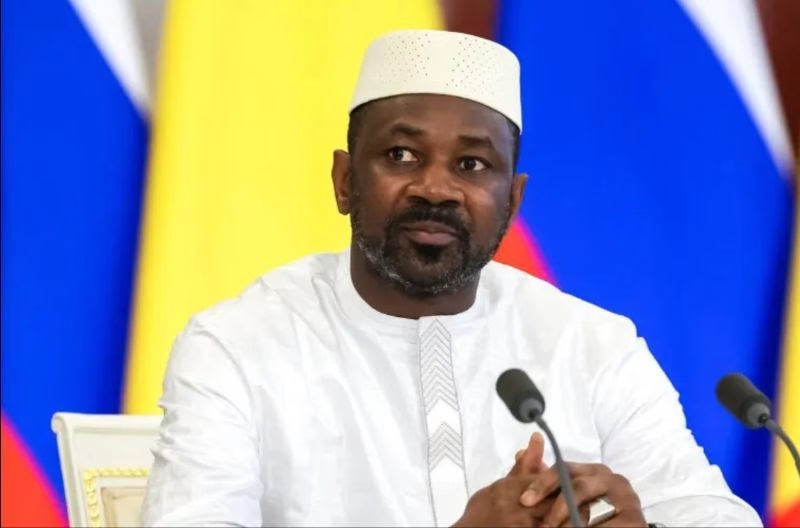We, the Constituency for Accountability, note the tenets set forth in Article 10 of the Agreement for Lasting Peace Through a Permanent Cessation of Hostilities (COHA) that was signed on 2 November 2022 in Pretoria, Republic of South Africa. This significant article emphasizes the necessity of a holistic national transitional justice policy that harmonizes with the Constitution of FDRE and the African Union Transitional Justice Policy Framework.
We emphasize the undeniable link between peace and justice and believe that justice and accountability are cornerstones for sustainable peace in Tigray, Amhara, Oromia, Benishangul-Gumuz, Gambella and other parts of Ethiopia. We are united in our commitment to be a voice that stands for justice, holds perpetrators to account, and paves the way for lasting peace in Ethiopia and the Horn of Africa.
As the Ethiopian government has presented its new transitional justice policy, ‘Policy Options for Transitional Justice in Ethiopia,’- TJPE in short, our concerns about the Pretoria Agreement and its consequences for justice and accountability have become more intense. This policy, disturbingly overlook the necessity of gaining approval from the victims, communities directly affected, key stakeholders, and representatives of hotspots of the wars and atrocities, particularly in Tigray. TJPE was developed without the substantive and meaningful participation of victims in general, especially those based in Tigray who bore the brunt of atrocities and grassroot level institutions.
The TJPE addresses all wars in Ethiopia, their associated atrocities, and victims in a uniform manner, neglecting their distinct characteristics. It overlooks the unique aspects of the war on Tigray, mainly:
- the prolonged political mobilization and hate campaigns aimed at Tigrayans;
- the military and security collaboration between Ethiopian, Amhara, and Eritrean authorities and forces with the backing of external entities;
- the use of Western Tigray as political mobilization and security chokepoints against Tigray to access the external world;
- the use of media blackout, starvation, siege, and mass rape as weapons.
Additionally, it disregards the geopolitical context within which these heinous crimes were perpetrated. The TJPE treats every atrocity committed in Ethiopia as the same, without recognizing the variations and peculiarities in scale, nature, and gravity of each case. Furthermore, victims have been completely side-lined in policy design and priorities. This utterly undermines its legitimacy. It overlooks their needs, interests, and right to substantive participation. Owing to these reasons, the symbolic consultations conducted in Tigray so far have largely proved that the TJPE, as currently designed, has been widely rejected in Tigray.
Critics shed light on the limited scope of transitional justice mechanisms, the glaring absence of victim involvement, hurdles in reconciliation, and a continuous trend of state actor impunity. What is more, the TJPE dangerously focuses on “national sovereignty,” ignoring the “responsibility to protect” the population and prosecute all crimes while entirely ignoring deep-rooted systemic injustices, mass displacement, and destruction that fuelled the conflicts. With a talk of prioritizing reconciliation over accountability with little focus on political and legal accountability of those in command responsibilities, the TJPE could irreversibly compromise sustainable peacebuilding and justice efforts. More gravely, signs point to the policy possibly being crafted to outdo the international examination led by U.N.’s International Commission of Experts on Ethiopia (ICHREE).
We further question if conditions are ripe to design, undertake meaningful consultation and effectively implement a genuine transitional justice initiative in the current volatile context in Ethiopia. Ongoing hostilities, war, atrocities, and the failure to make meaningful progress on the key promises of the Pretoria Deal shows that Ethiopia is not on transition to peace. Combined with past experiences, the ongoing states of emergencies, military operations, conflicts in parts of Tigray, Amhara, Oromia, and other parts of the country heightens our doubts over the Ethiopian government’s sincerity towards resolving political disputes peacefully and its efforts to achieve true transitional justice. Even in the post Pretoria Deal Ethiopia, persistent state-perpetrated crimes have severely added to this lack of trust.
In light of Ethiopia’s current situation, we find ourselves forced to pose the following crucial
question:
- Is Ethiopia genuinely on a transitional path to peace or to a new inclusive democratic political system?
- Does Ethiopia’s current political, legal, and economic condition serve as an enabler of successful transitional justice?
- Are the essential elements for a sincere transitional justice process visible in Ethiopia? Does the commitment to transitional justice arise from genuine intent or merely serve as a mask for impunity?
We conclude that Ethiopia is not in a condition conducive for the launching of comprehensive and full-fledged transitional justice process for the following reasons:
- After weathering one of the world’s harshest wars and the situation in Tigray, Ethiopia remains engulfed in notable conflicts in areas like Amhara, Oromia, Benishangul Gumuz, and Gambella, to name a few. Rather than progressing toward peace, the country is sinking further into strife. The ongoing transitional justice process appears to be ahead of its time and might face challenges in securing public trust.
- Ethiopian state and leadership lack any evident political will for a genuine transition to sustainable peace and to undertake transitional justice. In all likelihood, the policy is aimed at shielding authorities from accountability. Without legal and political accountability, the culture of impunity persists.
- Our concerns about the feasibility of a transparent and inclusive transitional justice process intensify, especially given the role of parities that are implicated in the ongoing conflict and ensuing atrocity crimes in the country. Our reservations about Ethiopia’s domestic approach to transitional justice are backed by concerns of ownership by the peoples of Ethiopia, lack of political determination to see justice being served, the possibility of selective accountability, legal and implementation challenges in prosecuting those responsible.
- The Ethiopian justice system demonstrably lacks the requisite independence, impartiality, capability, and even jurisdiction concerning atrocities committed by the Eritrean government needed to ensure the accountability of state actors and security forces. This is evident particularly regarding Eritrean authorities and the Eritrean Defense Forces. It is reasonable to conclude that it is highly improbable, even impossible for the Ethiopian process to hold Eritrean and other external forces accountable for the atrocities they committed.
- High risk of selective justice targeting some token perpetrators of rank and file while granting immunity to political and military officials and elite members with command responsibility during these wars. This would reinforce impunity.
- A serious, substantive, and genuine TJPE needs to guarantee non-repetition of atrocity crimes. Without the legal and political accountability of those in command responsibility and the required far-reaching overhauling of the state institutional, including war-making powers, non-recurrence of atrocity crimes cannot be ruled out.
- No confidence that reparations programs will sufficiently address the immense range of physical, emotional, and collective harms inflicted on victims.
Thus, we strongly believe that the utmost priority for the transitional justice process to commence in Ethiopia is the establishment of facts surrounding the wars. Our reasons are as follows:
- Truth is essential foundations for reconciliation, accountability, sustainable peace, and development. Thus, we categorically reject and call for shelving the current TJPE, which is the cart before the horse. Truth must come first to pave the way for genuine transitional justice. There are no shortcuts to this, as justice, accountability, reconciliation, and reparations are to be based on facts.
- There are no shortcuts in this regard, and sequencing is key. Facts surrounding the triggers, architects, enablers, and impact of the war and the atrocity crimes committed must be authoritatively established through an independent, impartial investigation.
- Genuine legal and political accountability is crucial, especially for those in senior command roles who had effective control. Justice must be done and needs to be seen done.
- Without truth and accountability, TJPE, as formulated, will simply enable further denial and impunity rather than justice. This is unacceptable to overwhelming victims from Tigray and elsewhere in Ethiopia.
- More essentially, in its current form and timing, the TJPE is utterly premature and entirely lacks legitimacy without substantive participation of victims in conceptualizing a process that addresses their rights and needs. Victims deserve no less. The wars in the various parts of the country need to end with a comprehensive peace process that addresses the root causes of the wars.
We believe ICHREE is uniquely positioned and best equipped to independently and impartially establish the comprehensive truth given local limitations and lack of trust in national mechanisms. It has the independence, mandate, and jurisdiction to impartially investigate atrocities committed by all parties involved, including the Eritrean government and other armies. Only the ICHREE evidence-based findings will provide an authoritative foundation to design a genuine, inclusive, and victim-centered transitional justice process when the time is right. There are no credible alternatives.
Therefore, we unreservedly support the extension of an expanded mandate of the ICHREE as the sole independent investigative mechanism capable of establishing the truth, scale of violations, chains of command, and ascribing responsibility in an impartial manner. A just and legitimate transitional justice policy following ICHREE’s findings must not be implemented until the minimum conditions of political will for genuine transitional justice is generated and stability have been achieved.
Hence, we call the international community, particularly the members of the UN Security Council and the Human Rights Council to fully support for the ICHREE and ensure it gains unhindered access to atrocity hotspots, witnesses, sites, records, etc to enable it to conduct a thorough investigation.
Co-signatories:
- Alliance of Civil Society Organizations of Tigray (ACSOT), Network of 72 CSOs in Tigray.
- Bishop Abune Tesfaselassie Medhin, Catholic Eparchy of Adigrat
- Tigray Youth Association (Tigray)
- Union of Tigrayans in Belgium
- Tigrayan Advocacy & Development Association UK
- Tigray Youth Network UK
- Mekete Tigray UK
- The Global Society of Tigray Scholars and Professionals (GSTS)
- Association of Tigrayans in Denmark
- Association of Tigrayans in France
- Tigray Development Association in France
- Association of Tigrayans in the Netherlands
- Association Tigray Development Association in the Netherlands (TDA NL)
- Dekna Foundation
- Tigrayan Youth Association in Italy
- Forum Mekete, Italy
- Tigrayan Scholars in Italy (TSI)
- Cultural Association and Social Promotion of the Tigray Community in Italy
- Volunteer Association for the Development of Tigray, Italy
- Association for the Development of Tigray (AST)
- Associations of Tigrayan Community in Bologna
- Tigray Community Association in Tuscany (ACTT)
- Association of Tigrayan Women in Italy
- Tigrayhjelpen Norway
- Tigray Community Switzerland
- Association of Tigrayan Women in Sweden/TKFS
- Union of Tigrayan Associations in Sweden
- Tigray Human Rights Forum
- Omna Tigray
- Hdrina Relief Organization
- Legacy Tigray
- Security and Justice for Tigrayans (SJT)
- Health Professionals Network for Tigray (HPN4Tigray)
- Tigray Action Committee (TAC)
- Tigray Center for Information and Communication (TCIC)
- Rescue Tigrayan Rape Victims
- Tsilalna Tigray
- Union of Tigreans in North America (UTNA)
- Waela Tigray
- Irob Anina Civil Society (IACS)
- United Tegaru Canada
- Ethiopian Canadians for Peace – Canada
- Solidarity of Nations of Ethiopia
- Association of Tigrayan Communities in Canada
- Seedling for Peace and Democracy in Eritrea
- Brotherly Relationship of Natives of Eritrea and Tigray
- Tinsae Midre Bahri
- Addis Health and Nutrition Consultancy
- Union of Tigrayans in Europe (UTE)
- Human Right First (Ethiopia)
- Tigray Advocacy and Development Association (TADA) – UK
- Samarbeidsfora for Norsk-Tigrayanere- Norway
- Solidarity of Tigrayans for Independence and Liberty











